
Promoting inclusive school cultures and, more specifically, addressing inequality of opportunity is high on the European education agenda. This is reflected in the policies and ambitions of many teacher training institutes. As inequality is . . .
Utrecht, NL
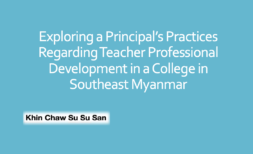
This study explored leadership practices in the provision of teacher professional development (TPD). The study utilized a Practice-Based Inquiry approach. In this study, an ethnic national college, founded amidst the crisis in an ethnic region in Southeast Myanmar, was selected for a case study. A semi-structured interview . . .
Mawlamyine, MM
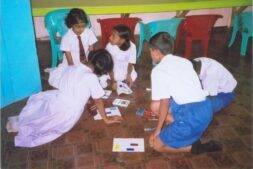
Collaborative Action Research method was employed to examine the author’s professional practice as a resource person and to take action to strengthen teaching and learning in a selected primary school in Sri Lanka. Qualitative data collected from In-depth interviews and videotaped observations were analyzed to develop a narrative story. Addressing the problem of teacher centeredness in primary . . .
Kandy, LK
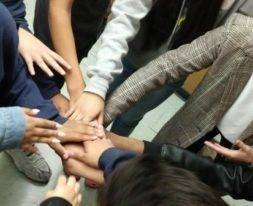
We at the University of Colorado-Denver frame our master’s level Curriculum Theories course with a contentious quote: “Curriculum in any time and place becomes the site of a battleground where the fight is over whose values and beliefs will achieve the legitimization and the respect that acceptance into the national discourse provides” (Kliebard, 1995, p. 250-251). While the battlefield language is a bit . . .
Denver, CO, US
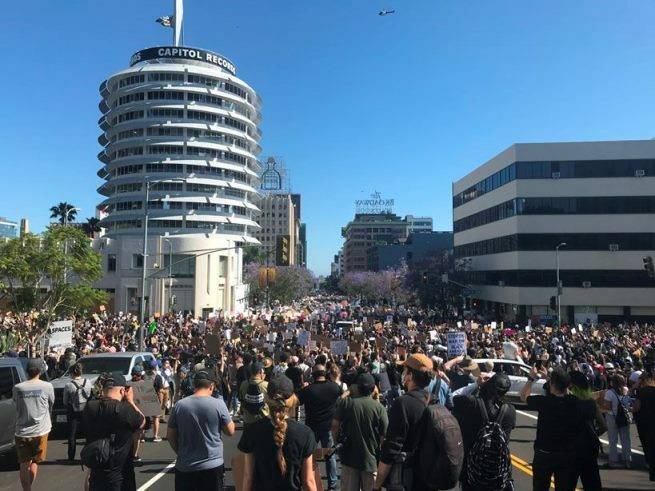
Curriculum is an important concept, especially in regards to the value education has on the growth of a successful society. Through research and analysis, this report examines discussions surrounding curriculum theories, the personal implications that these theories put on me as an educator, and the results of experimentation in the different methods of pedagogy. Through dissections of topics . . .
Denver, CO, US
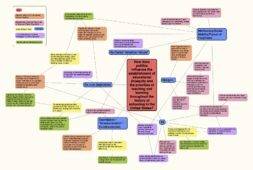
This paper examines some literature of curriculum theories, which led the author to investigate the role of teacher autonomy in enacting curriculum. In addition, the author researched the role of curriculum in the post-pandemic teacher shortage. Through this research, the author found that anti- “critical race theory” policy and ideology cause a great deal of stress for educators . . .
Colorado Springs, CO, US
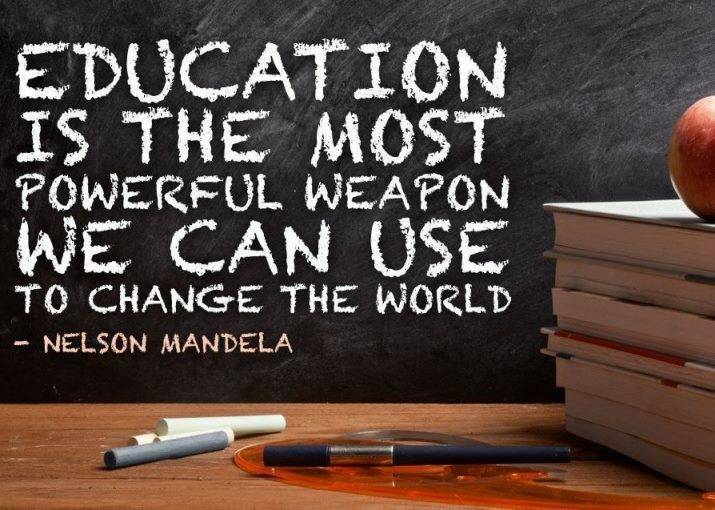
This essay analyzes the effects of long-held racism on American education and proposes the employment of critical pedagogy as a way forward. In the United States today, students of color face an education industry that has and continues to fail them. The work of education theorists, equity advocates, and critical pedagogues supports the development of anti-racist educators and schooling. Their work is used as a . . .
Denver, CO, US
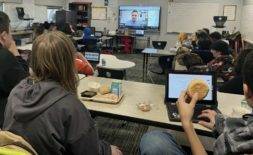
Youth participatory action research (YPAR) can be powerful for youth and teachers, but can also be difficult to explain. In a profession where teachers are expected to explain and justify every move, being able to articulate YPAR pedagogy is not easy. This essay explores one middle-school classroom’s journey into YPAR, the challenges to put this experience into . . .
Arvada, CO, US
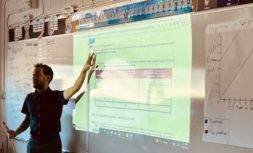
“Undergirded with Urgency” provides a framework for educators and scholars to engage in Roundtable Discussions that challenge participants to make effective, equity-oriented curricular decisions while teaching in the context of poverty. On top of providing a plan for a Roundtable Discussion, this paper synthesizes how theories presented by Paul Gorski (2018), Gloria Ladson-Billings (1995), Django Paris (2012), Michael Schiro (2013), and Elliot . . .
Pueblo West, CO, US
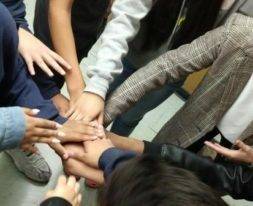
This paper evaluates a variety of curriculum theories and basic principles of curriculum and instruction with the ultimate goal of understanding how curricular orientations can affect the experiences of both students and educators. Upon examination of my curricular beliefs in conversation with the views of employer, the Denver Public School District, I have discovered that a majority of my previous curricular understandings . . .
Denver, CO, US
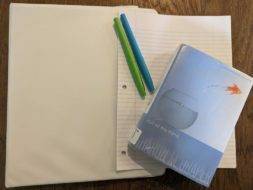
This paper explores curriculum theory literature that leads the author to understand the importance of developing critical thinking skills among students. The author then created a unit in which 6th grade students on Individual Education Plans (IEPs) were given an opportunity to read a novel that discussed misconceptions and bias, and write a personal reflection . . .
Castle Rock, CO, US

There is considerable research regarding prescribed curricula and how these curricula are based on the language, culture, and history of white European descendants, while not acknowledging the history and culture of other racial groups in the United States. I prepared and implemented a unit around identity in my classroom with my students. First, I gave an overview of intersectionality, specifically looking . . .
Denver, CO, US
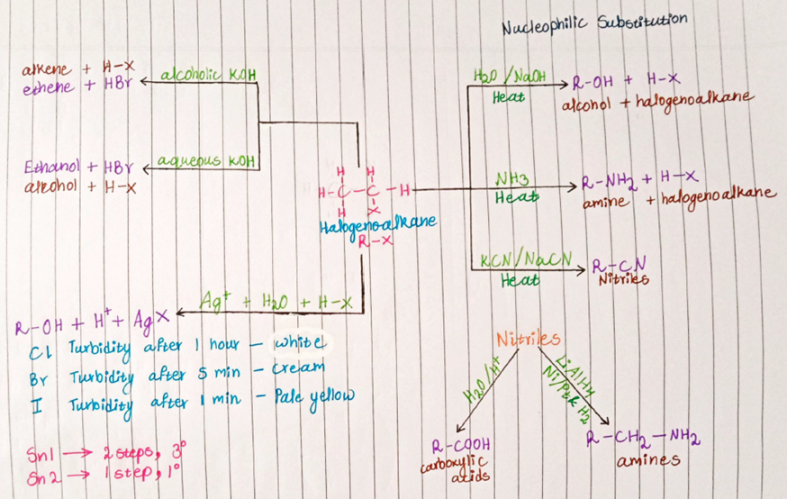
To overcome the difficulty in learning Chemistry for students and in particular to help with their understandings of Organic Chemistry reactions, I used mind maps as a technique. Mind maps are an outline of ideas that emerge from a central theme or concept. Each student developed their own mind maps after I taught them first, and the students then used them consistently . . .
Bangalore, IN
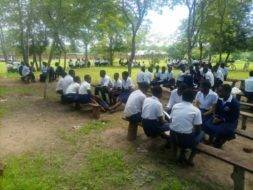
This practitioner research explored Study Circles and students’ indiscipline cases in a secondary school in Malawi. The purpose was to examine how Study Circles contribute to the management of discipline in a Malawian public secondary school. I targeted members of prefects’ council who are in their final year in secondary school . . .
Ntchisi, C, MW
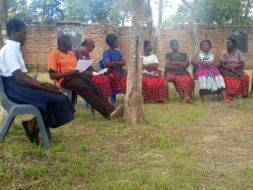
In this practice-based inquiry, I aimed to answer four specific questions related to a support program in a school: (1) what are the re-integration challenges of a sample of Form 3 girl students who temporarily withdrew due to pregnancy and were re-admitted? (2) What are the psychosocial support approaches of Mother Group . . .
Ntchisi, C, MW
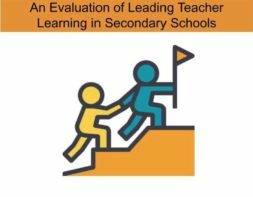
This essay is presented as an evaluation of leading teacher learning in secondary schools. The paper considers three key areas: (1) The role of school leaders in relation to the professional development of teachers; (2) The contribution of mentoring in relation to teacher development; and (3) The concept and value of teacher leadership in relation to coaching and learner . . .
Manama, BH

Teachers’ workload and its impact on staff recruitment and retention are a growing concern. This essay examines the perspectives of three teachers working in a secondary school in the UK and shows how workload has impacted their careers. Through the use of email interviews, the paper aims to explore the perspectives of the individuals, providing a glimpse into . . .
Loughborough, ENG, GB
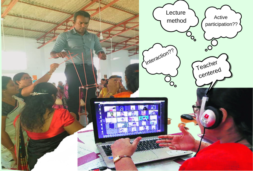
The closure of academic institutions in Sri Lanka for a long period due to the COVID 19 pandemic has necessitated a transformation from face-to-face teaching to virtual teaching in the country. The sudden shift to online instruction without research-based strategies or training has resulted in . . .
Negombo, LK
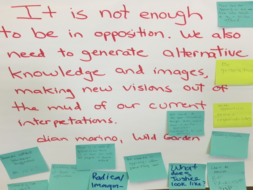
This essay shares my passion for, and belief in, principles of Participatory Action Research (PAR) as an approach that can help strengthen and deepen our work for justice. I share some of what I learned experiencing PAR in practice beginning from the time I spent in Costa Rica working with the late Marcos Guevara. They were profound lessons that I carry with me in . . .
Miami, FL, US

The Action Research Network of the Americas (ARNA) was created in 2012 by five “network initiators” with a vision to support and promote a wide variety of forms of participatory research. The goal was to increase knowledge production, dissemination, and democratization . . .
San Diego, CA, US
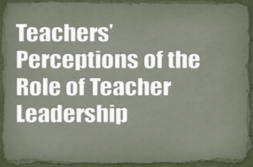
This case study explored the role of teacher leadership in a post-16 college in England. The study investigated (a) teachers’ conceptualisations of teacher leadership, (b) the roles, responsibilities and tasks of teacher leaders, and (c) the facilitators and inhibitors of teacher leadership. A survey approach was adopted using a web-based questionnaire. Of the 74 teachers invited, 39 teachers from 30 different subject areas . . .
Nottingham, ENG, GB
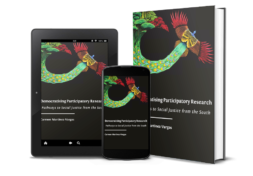
In this book Martinez-Vargas explores how academic participatory research and the way it is carried out can contribute to more, or less, social justice. Adopting theoretical and empirical approaches, and addressing multiple complex, intersectional issues, this book offers inspiration for scholars and practitioners to open up alternative . . .
Bloemfontein, ZA
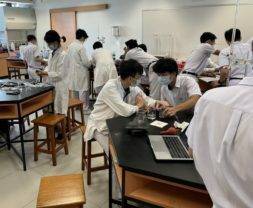
Educational action research seems wonderful on paper, where teachers actively participate in developing themselves, learning from each other and trying to improve classrooms, schools, and education systems. However, in reality, the use of action research in education can be a daunting task, and depending on the education policy direction underlying its use in an education system can be anything but a wonderful experience. This essay . . .
Singapore, SG
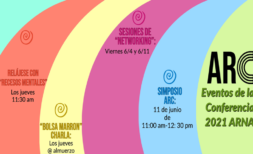
This essay offers an overview of the purpose of Action Research Communities (ARCs) in the Action Research Network of the Americas (ARNA) and our role as ARC Co-Chairs in promoting and supporting the ARCs before and during the COVID-19 pandemic. The essay begins with a . . .
San Jose, CA, US
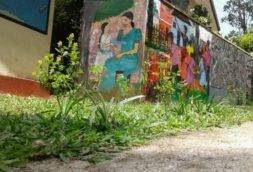
A pleasant environment contributes to a peaceful mind as well as success in education. A stress-free mind for students is facilitated by a pleasant school environment created by the students by cleaning the school environment before the commencement of the school day. That was the focus of the project reported in this paper. The school where I was first appointed as a teacher is located in a . . .
Kandy, LK
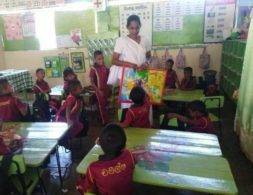
Microteaching and teaching practice are two integral parts of pre-service teacher education programmes. Microteaching has been used since the 1960s in teaching and learning environments including teaching practices of pre-service teachers. The emphasis of professional development in teacher education has been on . . .
Gampaha, LK
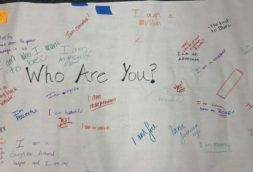
This essay is a reflection on the Action Research Podcast, Episode 19. Dr. Patricia Maguire discusses feminisms and action research. I pull out some themes and thoughts listeners may find useful. When I began to listen to this Podcast, right off, I recognized myself in Dr. Maguire’s story. As she explains it, she came to action research – or participatory action research – as did I, from involvement in the international . . .
Fairfax, VA, US
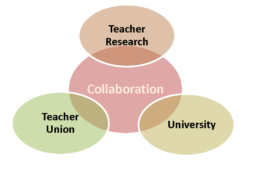
Since 2017, the Educational Institute of Scotland (EIS) has supported members to undertake year-long action research projects which contribute to their own professional learning. This EIS Action Research Grants scheme offers up to 20 EIS members each year a small financial . . .
Glasgow, SCT, GB
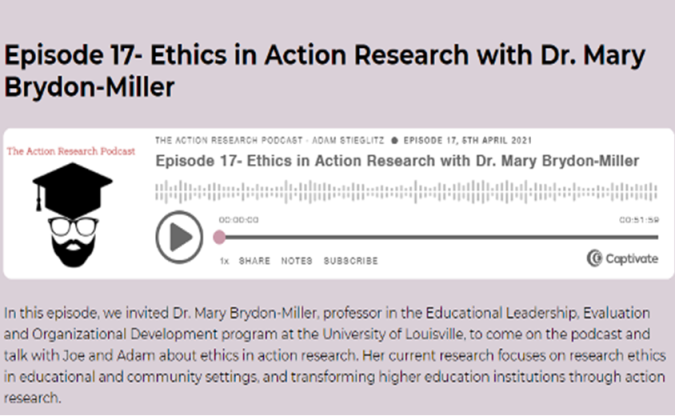
This article is a review of an episode of the Action Research Podcast. In Episode 17, co-hosts Adam Stieglitz (PhD candidate) and Dr. Joe Levitan talked with Dr. Mary Brydon-Miller about some of the tricky concepts like navigating power differentials as an action researcher; conventional versus covenantal ethics; challenges within IRB and the human subject review system; ethical imperialism; and why we need a new . . .
Montréal-Est, CA
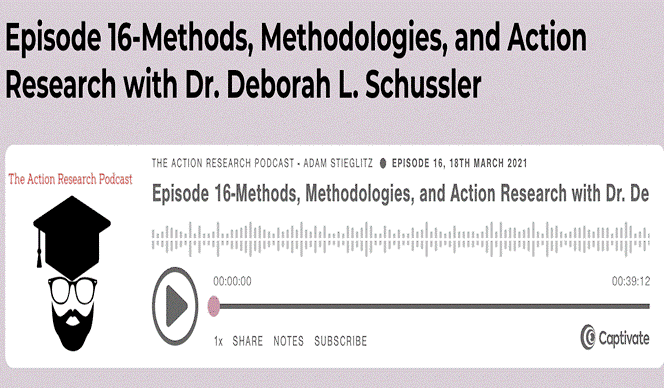
This article is a short reflection of The Action Research Podcast episode 16 with Dr. Deborah L Schussler, where we talk about how different methodological approaches relate to action research. I reflect on this episode from three different lenses: co-host, action researcher, and podcast listener. The Action Research Podcast is a recurring (iterative) podcast meant to bring action research theory and practice to . . .
Calca, PE




























